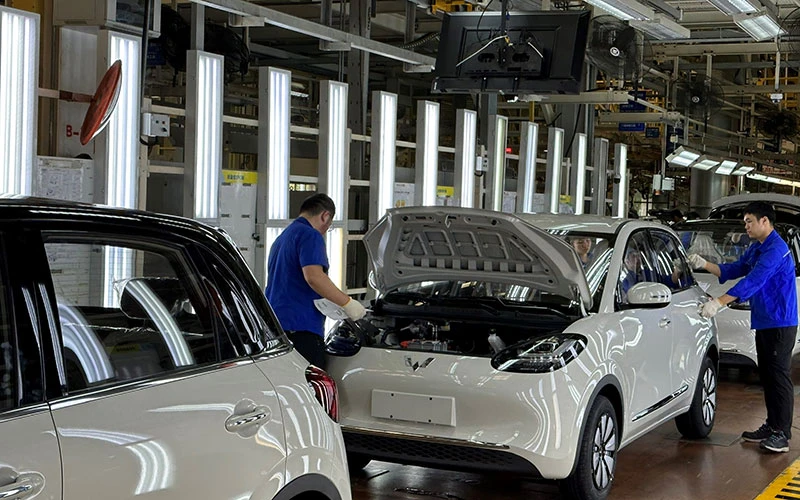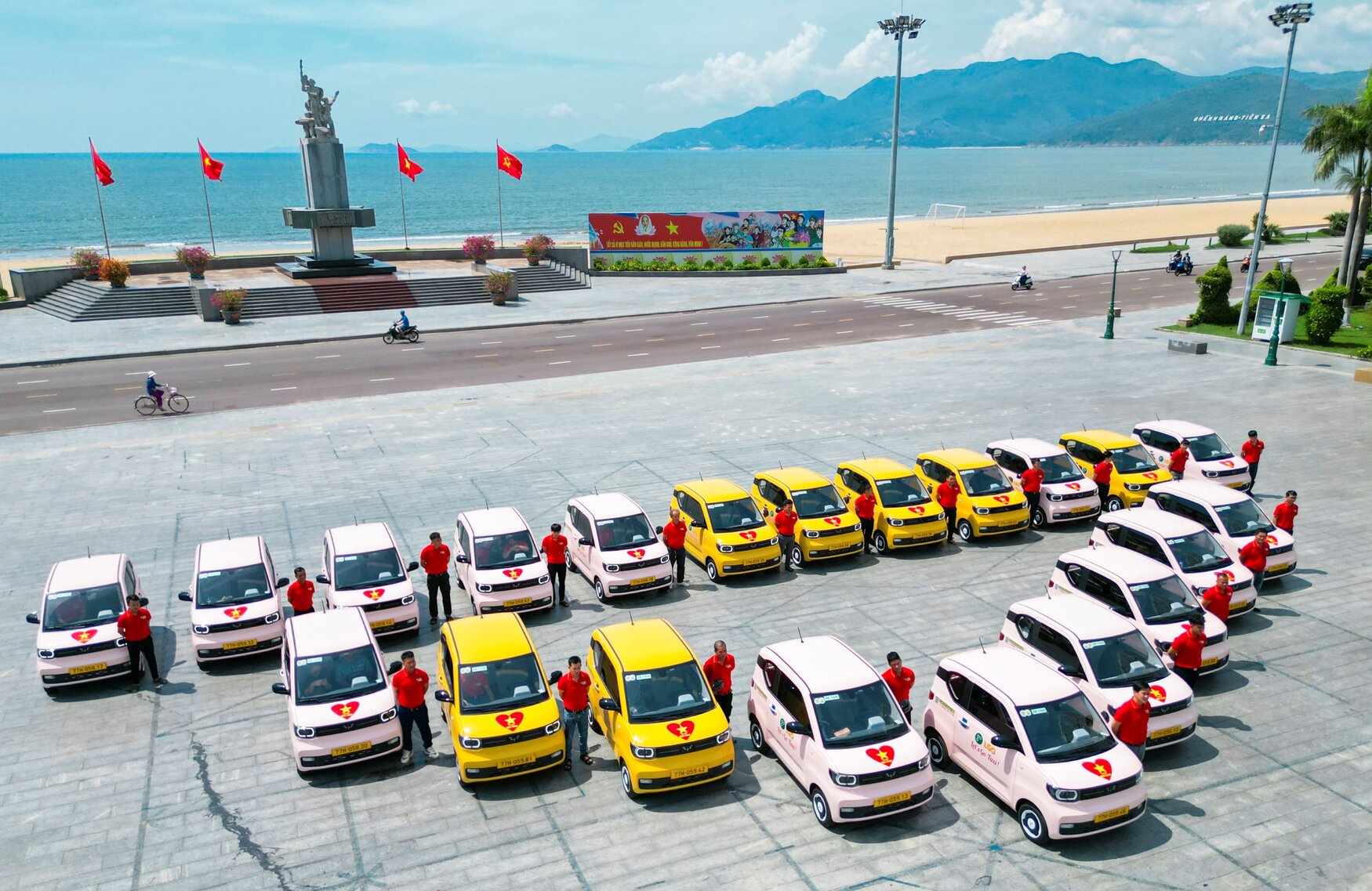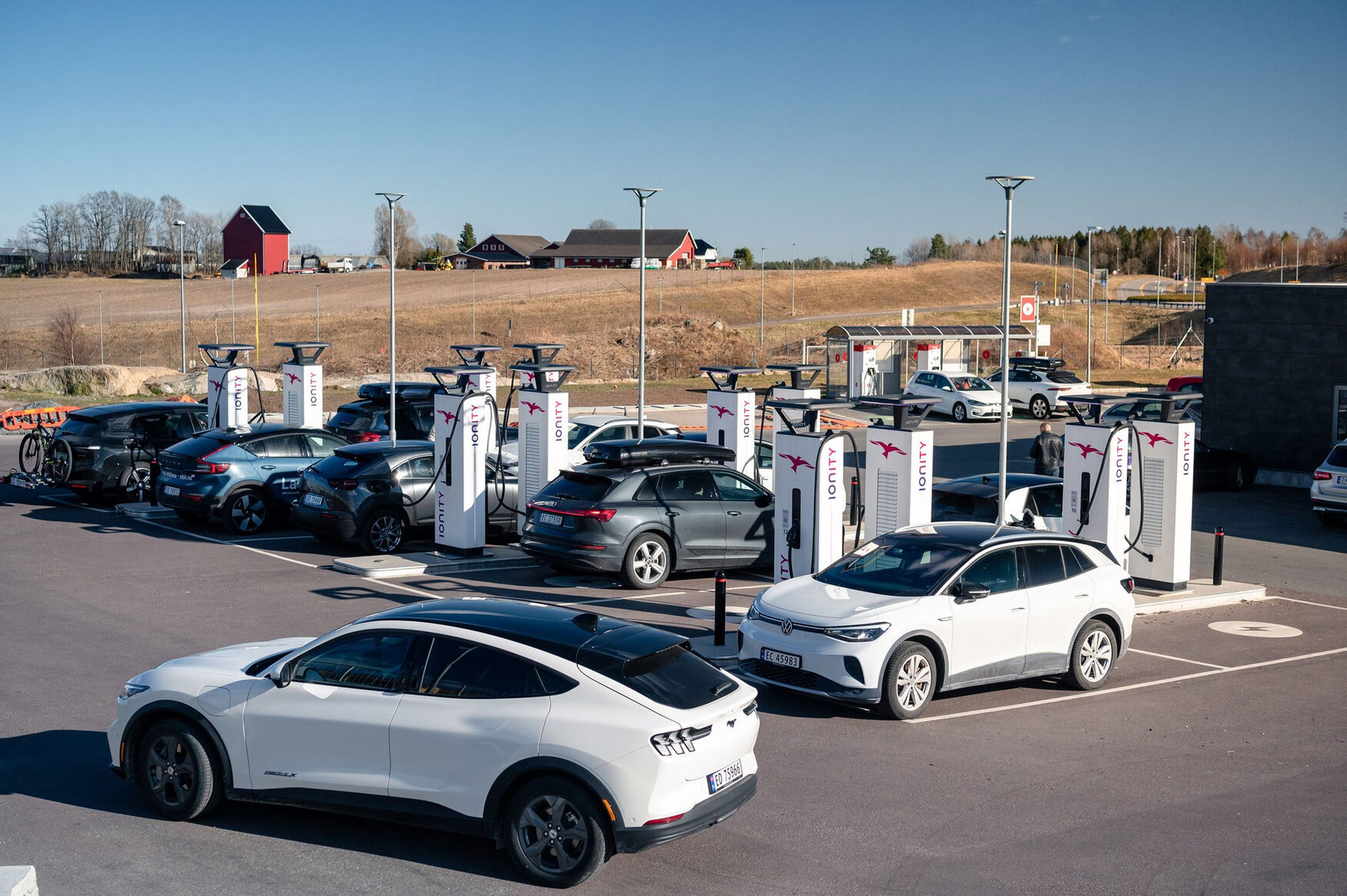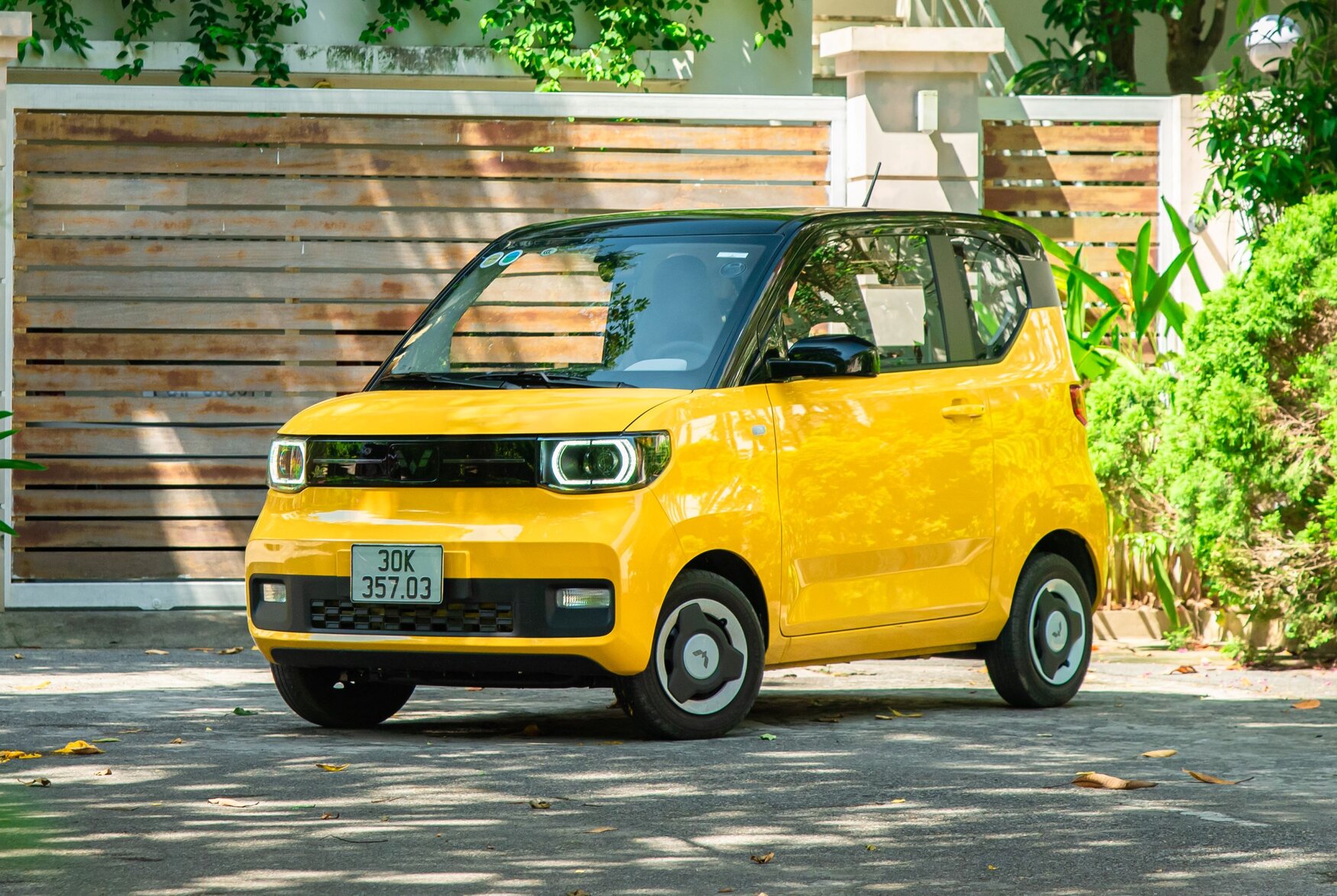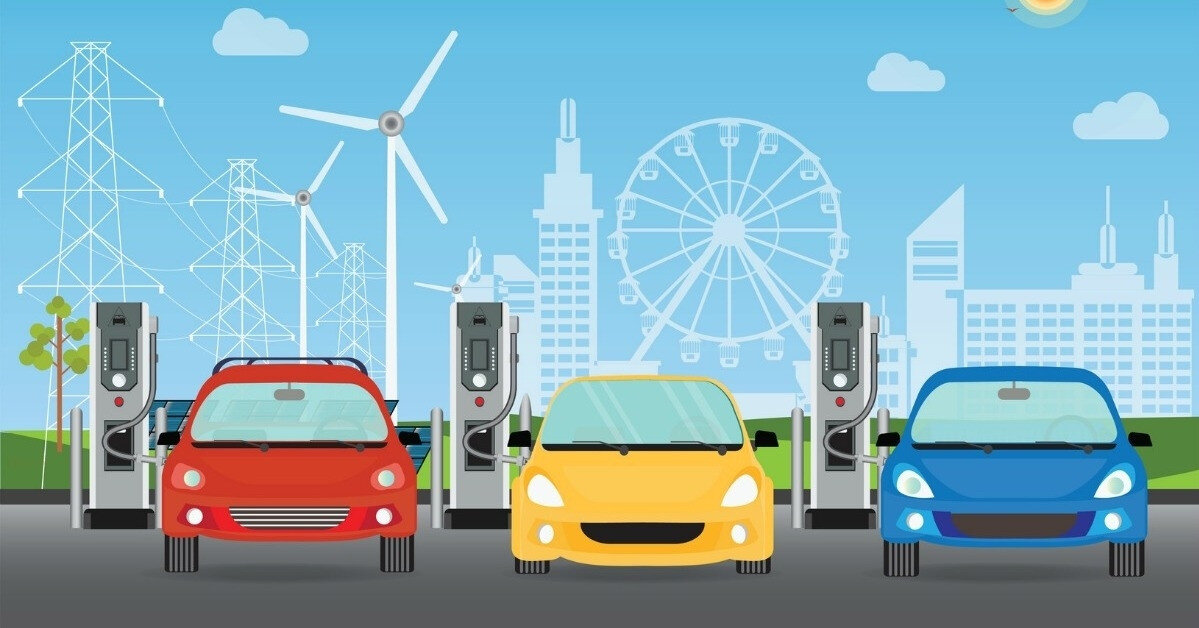Tentatively, by 2030, our country will need about 1 million vehicles per year to meet domestic demand. Without investing in the development of the electric vehicle industry, Vietnam could spend approximately 9-10 billion USD annually on importing fully assembled vehicles to serve consumers.
Electric vehicles - an inevitable trend
According to statistics from the European Automobile Manufacturers' Association (ACEA), every 5 cars sold in Europe nowadays includes 1 electric vehicle. The number of electric vehicles reaching consumers in recent months has doubled compared to the same period in 2022, accounting for about 21% of total car sales. On a continental scale, Europe is the fastest region in the world in terms of electrifying transportation, driven by policies promoting the development of clean energy vehicles, impacting manufacturers in the region.
Jaguar (United Kingdom) plans to sell only electric vehicles from 2025, Volvo from 2030, and Lotus (UK) aims to produce only electric vehicles from 2028. According to Volkswagen's estimation, 70% of its sales will be electric vehicles starting from 2030. In the near future, many governments worldwide also aim to ban internal combustion engine vehicles.
In Southeast Asia, countries like Thailand, Indonesia, Malaysia, etc., are implementing various incentive policies to promote the development of the electric vehicle industry for manufacturers, assemblers, and consumers. In Vietnam, the government also has specific policies prioritizing electric vehicles, such as a three-year exemption from registration fees (from March 2022 to March 2025), reduced special consumption tax, and more. Additionally, the government has outlined strategies and tasked relevant ministries and sectors to propose mechanisms and solutions to support the development of electric vehicles.
On May 31, the Government Office issued Announcement No. 199/CV-TB, signed by Deputy Prime Minister Tran Hong Ha, sent to relevant ministries and agencies. According to this announcement, the government recognizes that the transition to green economic development is an inevitable trend and a goal that Vietnam is striving for. This aligns with the directions set out in the Resolution of the 13th Party Congress, the 5-year socio-economic development plan (2021-2025), and the 10-year socio-economic development strategy (2021-2030). It also aims to position Vietnam as a pioneer in the region in terms of green growth, green recovery, and keeping up with the world's new development trends.
In the recent National Assembly session, many deputies suggested that the Government and the National Assembly should study and create breakthrough mechanisms, corresponding to other countries in the region and the world, to develop specific policies, tax incentives, land policies, credit support, administrative procedures, to boost investment in electric vehicle production and assembly. This would make Vietnam one of the leading centers for electric vehicle and electric vehicle parts manufacturing in the region and the world. They also proposed the establishment of a roadmap for the conversion of fossil fuel vehicles to electric vehicles.
Realizing Commitments
To realize international commitments on transitioning to green energy and the legal provisions for promoting circular and green economy models (2020 Environmental Protection Law), it is essential to conduct a comprehensive assessment of existing incentive policies and support related to encouraging green conversion in transportation (tax policies, fees, incentives, support for land use, utilization of public areas, etc.). Particularly, emphasis should be placed on promoting the transition from fossil fuel-powered vehicles to electric vehicles and other clean energy sources.
Following the Government's directives, the Ministry of Transport has submitted a report proposing support policies for the transition to electric vehicles to the Government. The report includes various proposals and solutions to support businesses and consumers and accelerate the socialization of electric vehicle charging infrastructure. However, the implementation by relevant ministries and agencies to issue unified and cohesive policies has been relatively slow, failing to attract significant investments from large global automakers to invest in electric vehicle and electric battery production in Vietnam, moving towards export in the next 5 years, as directed by the Prime Minister.



